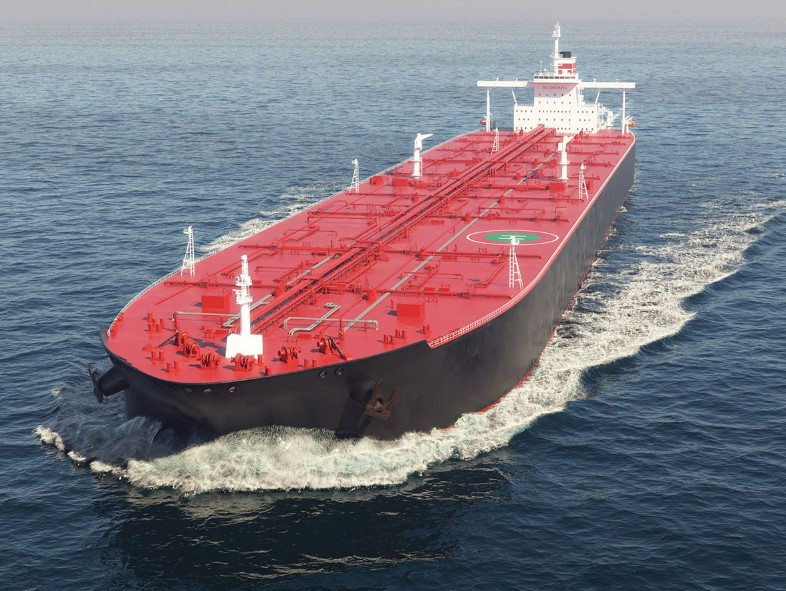French LNG containment giant GTT said it had secured an approval in principle from classification society Lloyd’s Register for a new digital solution designed to optimize the regasification operations of offshore units.
Power (prediction of operational windows to enable regas operations) helps optimize regasification operations of FLNGs or FSRUs and the transshipment of LNG between these units and LNG carriers in areas subject to difficult sea conditions, according to a GTT statement.
“This AiP confirms that Power facilitates decision-making and improves the safety, the accuracy and the flexibility of the offshore LNG transfer operations, taking into consideration the specificities of the vessels involved,” the Paris-based firm said.
When operating in offshore conditions, it is essential for the operators to properly plan ship-to-ship operations between LNG carriers and offshore units, GTT noted in the statement.
Designed to present the information in an interpretation-friendly format for the LNG carrier operators, Power is an automated risk analysis tool based on heading data, sloshing analysis and a three-day forecast, it said.
Moreover, it provides better risk anticipation and a significant increase in ship-to-ship operations of offshore units exposed to rough sea conditions, GTT claims.
Thus, GTT said it had demonstrated that on certain offshore sites the Power solution could increase operational windows up to 98 percent of on-site time, compared to 39 percent currently.
Approval for LNG-powered and ammonia-ready VLCC
GTT said in a separate statement it had won an approval in principle from Bureau Veritas for an LNG-fueled and ammonia-ready VLCC design.
This approval is part of a joint development project, started in 2021, and successfully carried out by China Merchants Energy Shipping, TotalEnergies, Dalian Shipbuilding Industry (DSIC), and BV, according to GTT.
This new concept of VLCC is a “breakthrough innovation”, with the relocation of the fuel tank below the main deck to avoid exposure to bad weather, the risk of piracy, while lowering center of gravity of the propulsion systems, GTT said.
It integrates GTT’s Mark III membrane containment technology and the LNG storage tank is compatible with liquid ammonia fuel, giving the owner and charterer greater operational flexibility.
Also, the tank capacity of this new VLCC is flexible, from 9,000 to 14,000 cubic meters. It also complies with the strength requirements for both LNG and ammonia fuels.
As ammonia is heavier than LNG, the structure of the tank had been strengthened to support the loads induced on the vessel and the tank, GTT said.
The minimum endurance with LNG fuel is 23,000 nautical miles and 17,000 nautical miles for ammonia at design condition, the firm said.

